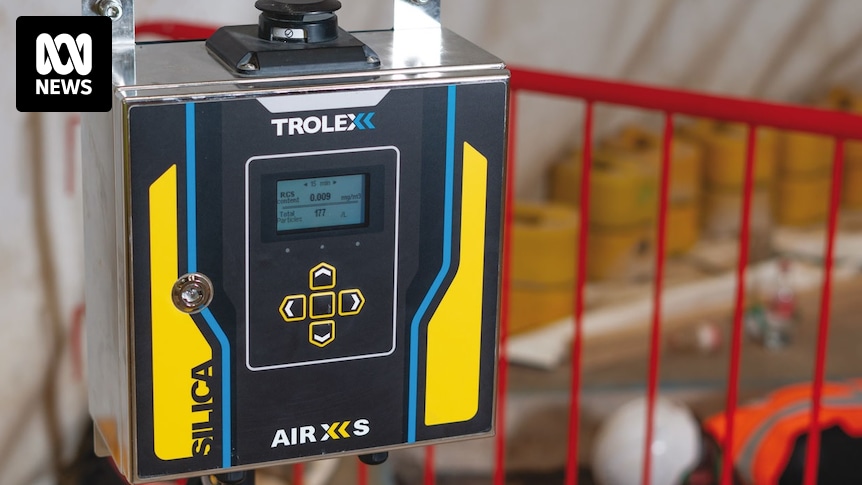

Sorry to hear you’re feeling crap.
I’m having trouble looking for work for the past few months. Very few replies, the first “no” I got actually made me feel a bit more human.
I’m convinced that some of the jobs I’ve applied for or enquired about are not real or just for external-advertising-before-hire requirements. I’ve gotten some rude responses after daring to ask questions (eg: jobs funded by research money tend to have fixed funding start dates that might not be for another several months). Most straight up ignore me.
An old boss of mine thinks that my CV isn’t conforming and mundane enough, so I’m giving his suggestions a go.
What sort of work are you looking at? I design electronics and get into arguments with computers.












We rented our technology and could not read nor write.